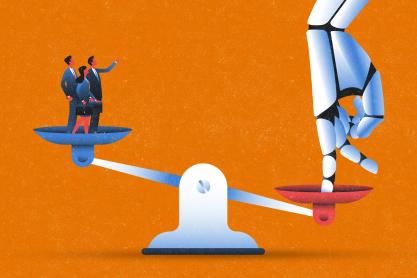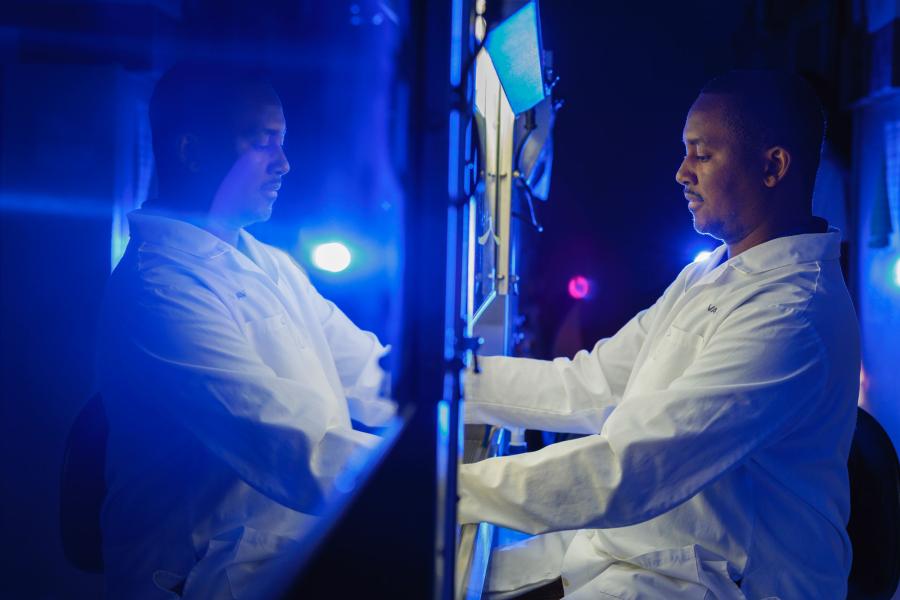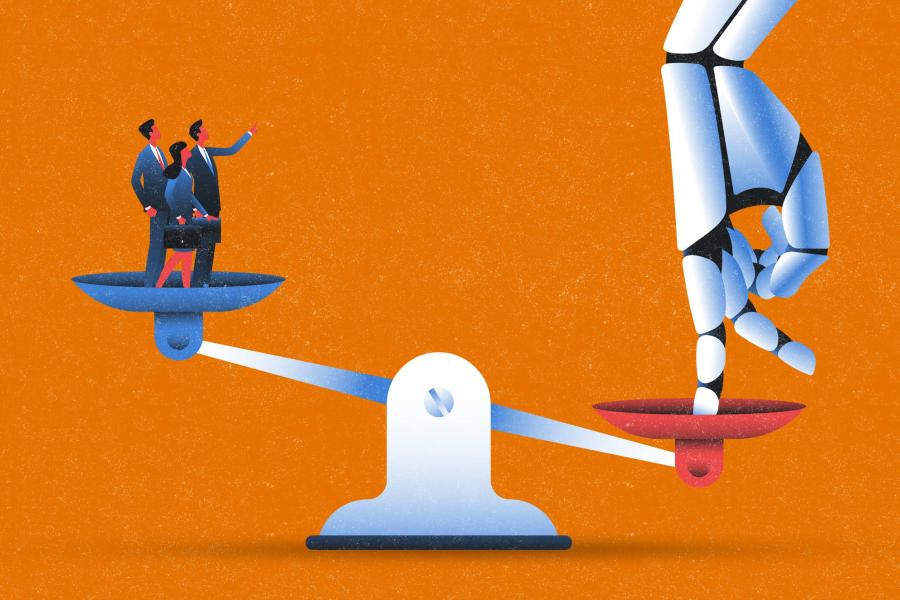New research from University of Virginia psychologists found that “epigenetic clocks” – tools scientists use to estimate a person’s biological age – can predict cognitive decline.
The study, which focused on middle-aged twins, also found socioeconomic status plays a role.
Fourth-year psychology doctoral student Sophie Bell and her research adviser and psychology professor, Eric Turkheimer, published their findings in the journal Aging.
“Epigenetic changes are one way we can look at biological aging, or what’s going on under the skin that’s more telling of aging processes than chronological age alone is,” Bell said. “We found that epigenetic clocks, particularly two called GrimAge and PhenoAge, are reliable predictors of cognitive decline, both in our study and in several other studies as well.”
Bell’s study showed that within a pair of identical twins, the twin aging faster biologically also had greater declines in memory and thinking skills by midlife.

Interested in cognitive decline and dementia, doctoral student Sophie Bell is training to be a neuropsychologist. (Photo by Lathan Goumas, University Communications)
Another major finding from the study was that twins who grew up in families with lower socioeconomic conditions showed a stronger connection between faster epigenetic aging and midlife cognitive decline, highlighting the impact of poverty on health.
Bell works in Turkheimer’s lab, studying how genes and environment interact to shape human behavior. Prior to joining the lab, she worked in a memory disorders clinic for several years.
Turkheimer has also worked on the longitudinal Louisville Twin Study for many years. The study, which started in 1957 at the University of Louisville, began as a study of childhood development and has followed twins from childhood until midlife.
Bell works alongside Turkheimer and Christopher Beam, a University of Southern California psychology professor and principal investigator of the Louisville Twin Study, who she calls her “co-mentors.” Beam graduated from UVA with his Ph.D. in psychology in 2015.
“Over the last decade or so, researchers have come up with these tools to understand biological aging,” she said. “These include epigenetic algorithms that measure the ways our genes express themselves and how those expressions change over time often due to different experiences or environmental exposures.”
These epigenetic algorithms have previously been linked to different age-related conditions, like cancer, heart disease and dementia. The team is working to understand what other information the data may reveal.
Previous studies had shown that poverty – especially in childhood – predicts cognitive decline and is also linked to faster epigenetic aging.










